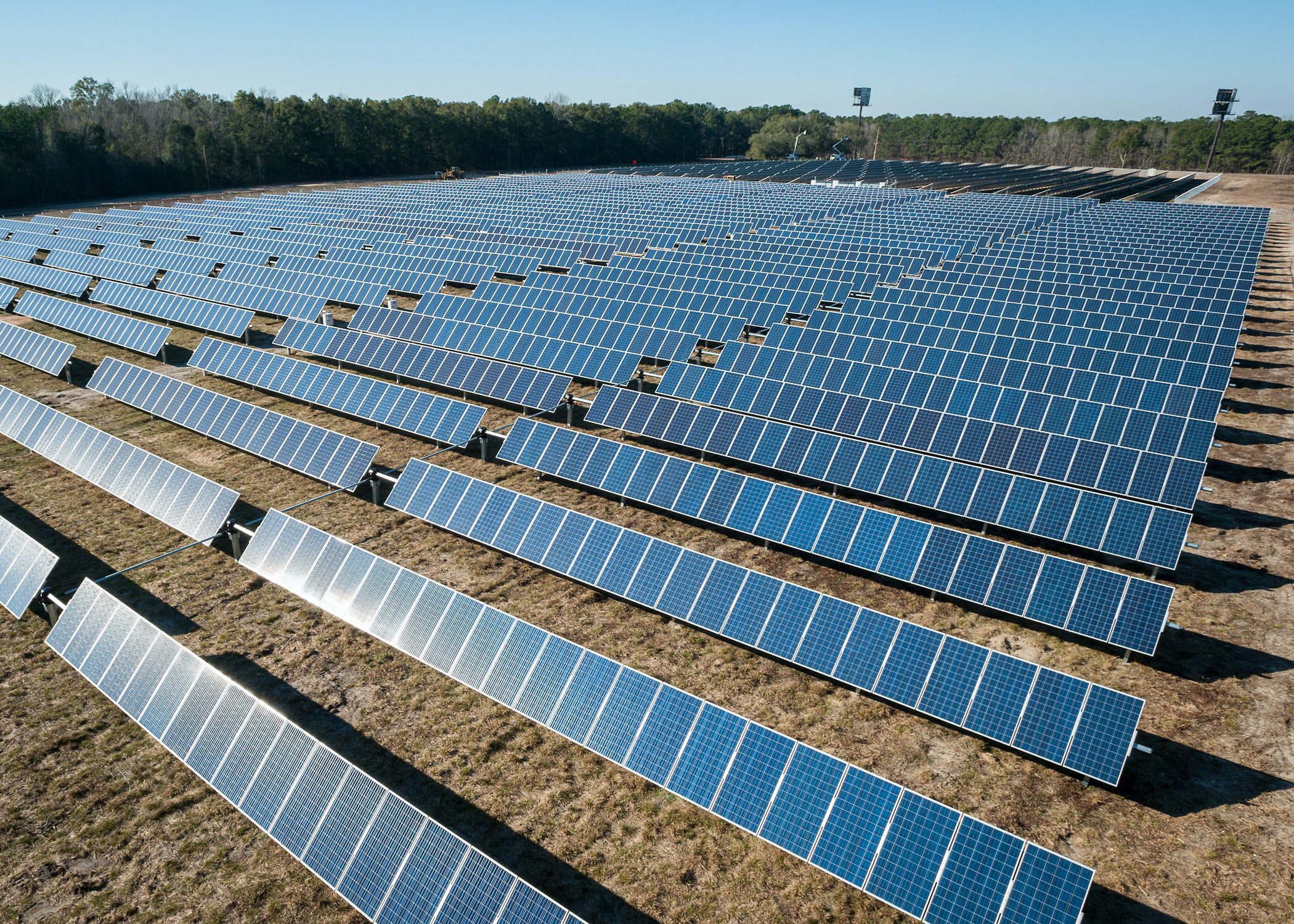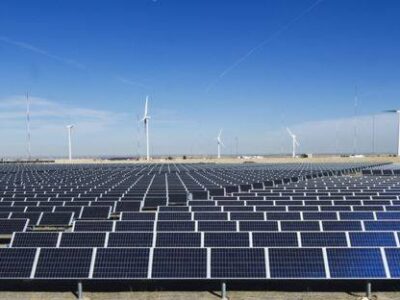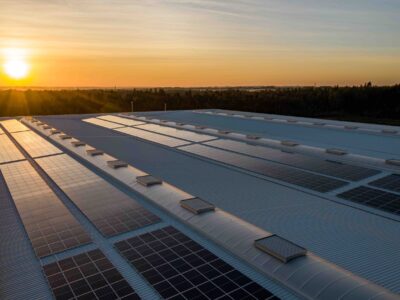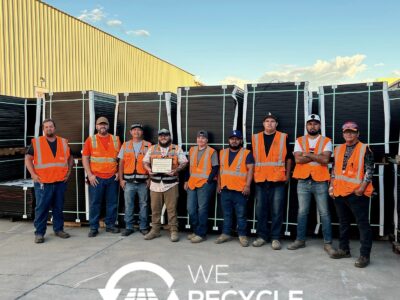A recently announced clean energy project marks a renewed sustainability initiative from the municipal government of Salt Lake City, Utah. Through a collaboration that included city authorities and developer D. E. Shaw Renewable Investments (DESRI), an 80-megawatt solar farm will begin in Toole County, south of Rowley. According to Hy Martin, chief development officer at D. E. Shaw, the facility (named Elektron Solar), is expected to function as a staple of clean energy generation within the Salt Lake area for the next 25 years. According to Hy Martin, chief development officer at D. E. Shaw, “DESRI is thrilled to develop and own a project that uses lands previously considered unable to be developed and celebrates the creative thinking by all involved.”
Once completed in 2023, the project will generate enough solar energy to power 15,000 homes every year, all while costing just 2 percent more than traditional power sources.
The energy will be allocated for various public and private needs and will run through Park City, Utah Valley University, Summit County, Park City Mountain, and Deer Valley Resort. Additionally, Salt Lake City will see 80 percent of government buildings covered through the project. Andy Beerman, mayor of recipient Park City, praised the partnership as a necessary initiative.
It is unclear just how much energy is being dedicated to support private area interests, though representatives have mentioned an expectation that a significant portion of their own energy needs will be supported as well. Between the facility’s construction and eventual management once up and running through energy provider Rocky Mountain Power, the project stands to create as many as 100 jobs in the Toole County area. There is no available timeline for exactly how long before the farm’s construction is finished, though DESRI anticipates it being sometime before 2023.
The Elektron Solar project was an idea that was made possible by the passage of a 2019 bill in the state of Utah. The legislation put forward a defined framework that encouraged local municipalities to engage in partnerships with private energy providers to develop infrastructure for renewable energy. Allowing private industry to assist local governments with spurring solar energy generation has been the key to making collaborations like Elektron possible for municipalities.
In fact, according to Salt Lake mayor Erin Mendenhall, Salt Lake City’s previously set goals of reaching 100 percent net renewable energy were often thought impossible to achieve if not for the legislation’s passage. “It’s so exciting and validating that this is not a fringe conversation anymore,” said Mendenhall of the prospect of public and private renewable investment. “You can have this conversation from an economic point without having to take a partisan stance.”





